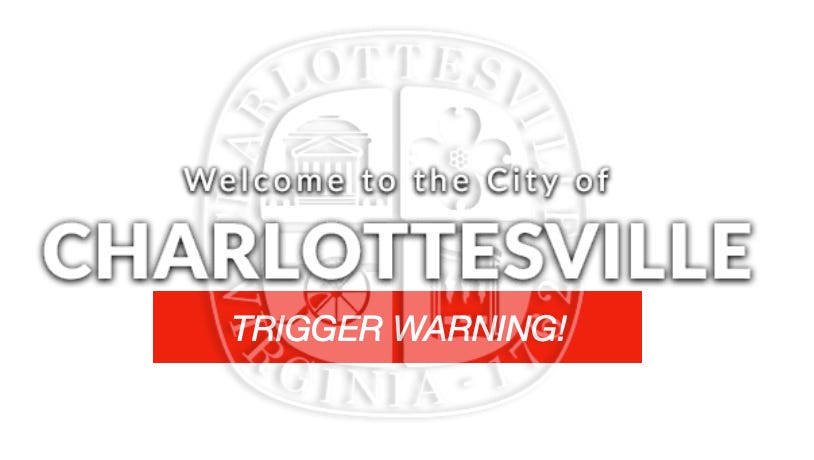Charlottesville and the battle for attention
“When you have attention, you have power," Michael Goldhaber told New York Times columnist Charlie Warzel, "...and some people will try and succeed in getting huge amounts of attention..."
A recent article in the New York Times about Michael Goldhaber, a theoretical physicist who warned about the dangers of the dominance of the internet in the mid-1980s, got me thinking: the extent to which the internet and social media has seized our attention, and generated so much attention for individuals and groups, is perhaps one of the most overlooked dynamics of what happened in Charlottesville in August of 2017. Indeed, the chaos that would lead to the tragedy was born online with a single Facebook post, and then inflamed with subsequent online "events" that drew the attention of, and generated attention for, obscure, mostly online groups and individuals who's own attention-grabbing ambitions were emboldened by perhaps the most attention-grabbing individual in American history.
“When you have attention, you have power," Michael Goldhaber told New York Times columnist Charlie Warzel, "...and some people will try and succeed in getting huge amounts of attention, and they would no…



